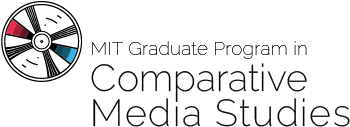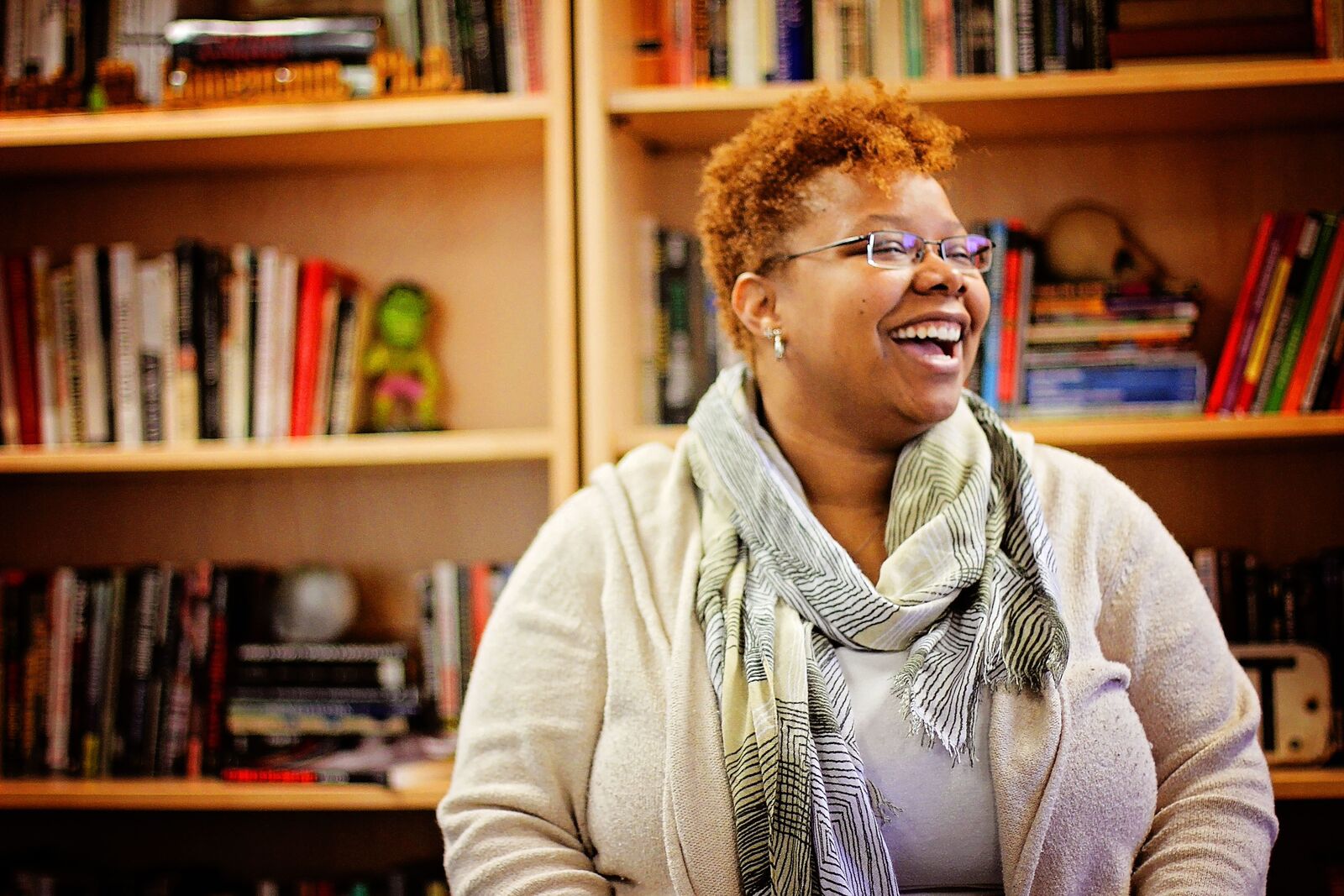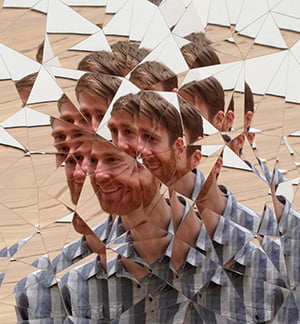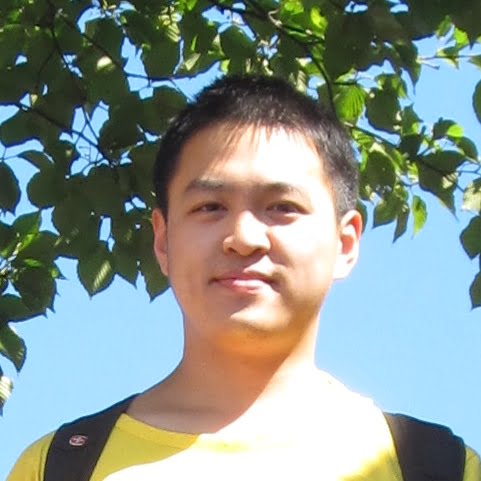Operating under the oppressive structures of masculinity, heterosexuality, and Whiteness that are sustained in digital spaces, marginalized women persevere and resist such hegemonic realities.
How Did the Computer Learn to See?
Did computers learn to see by modernity’s most highly evolved technologies of vision, or, as Alexander Galloway argues, from sculpture?
This Land Is Our Land: Mobile Media, Protest, and Debate in Maasai and Mongolian Land Disputes
Baruch College’s Allison Hahn on how academics might engage once-distant communities and better understand the complexity of mobile media and nomadic deliberation.
Answering Machine, Auto-Tune, Spectrograph: Queer Vocality Through Sonic Technology
Do sound technologies allow us to hold on one another–mourning and loss, calling and the promise of response, the identification of individuals (or oneself) via the voice?
Sense and the City: Representations of Air Quality Data in the “Smart City”
Examining representations of air quality data intended for governmental to grassroots audiences, and how these representations may prove to be problematic in attempts to reconcile their myriad forms and meanings across contexts and constituencies.
Evaluating Interactive Documentaries: Audience, Impact and Innovation in Public Interest Media
This thesis explores the “theories of change” that inform institutional investments in documentary and examines how three public interest media organizations – the National Film Board of Canada, POV and the New York Times – are approaching interactive documentary production, attempting to define what constitutes success or impact.
Heike, Jike, Chuangke: Creativity in the Chinese Technology Community
Creativity in Chinese technology communities and its implication in China’s development mode shift from “Made in China” to “Created in China.”









